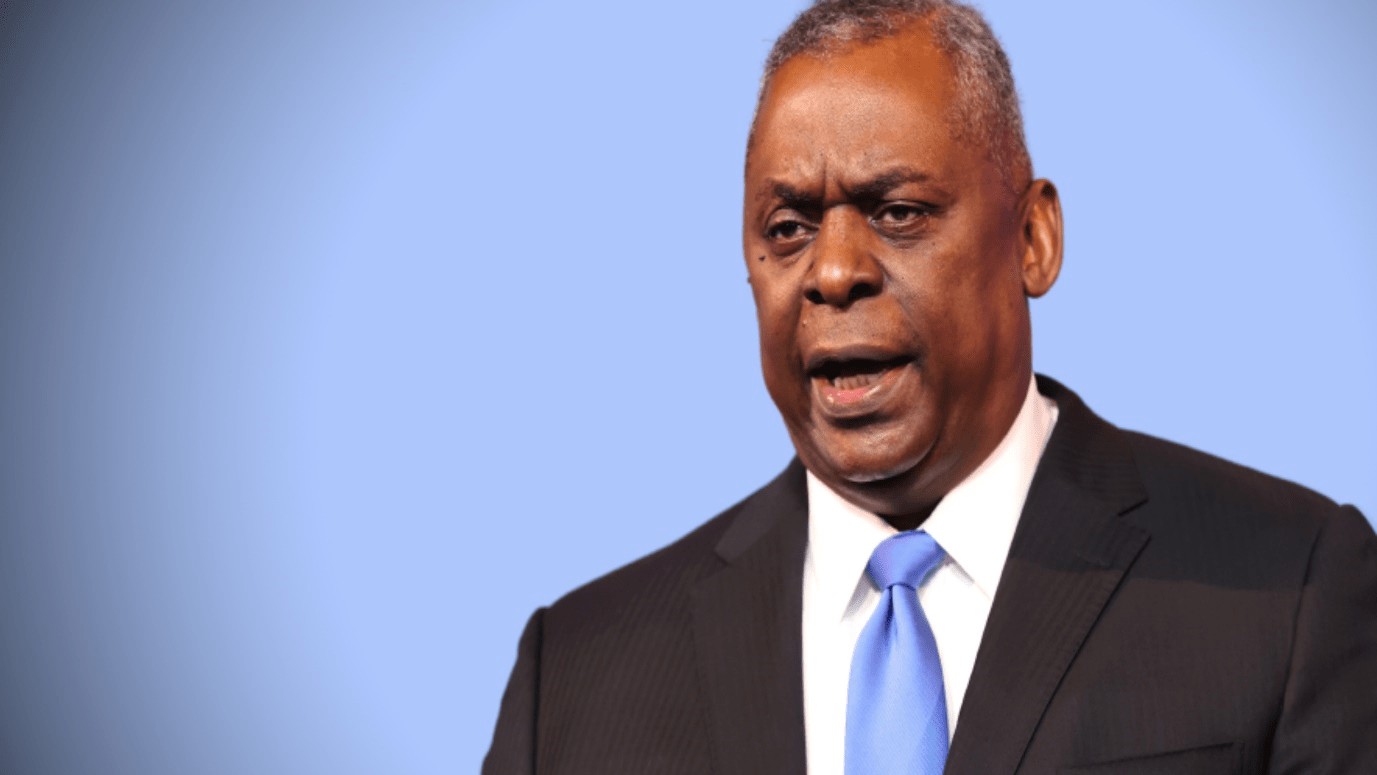
Why Skills-First Leadership Is Replacing the Ivy League Playbook in the C-Suite
The old prestige pyramid—where Ivy League degrees and blue-chip consulting backgrounds paved the way to the CEO seat—is cracking.

July 27, 2021: -U.S. Defense Secretary Lloyd Austin will be the first member of President Joe Biden’s cabinet to visit Southeast Asia this week, which seeks to emphasize the importance Washington places on fortifying ties in the region while it continues to push back against China.
The U.S has put countering China at the heart of its national security policy for years. The Biden administration has called rivalry with Beijing “the biggest geopolitical test” of this century.
Six months into his presidency, and the Southeast Asian countries are still looking for details of Biden’s strategy and plans for economic, trade, and military engagement with the Indo-Pacific.
“You’ll hear me talk a lot about partnerships and the value of partnerships,” Austin told reporters en route to Alaska. “My goal is to strengthen relationships,” he added.
On Tuesday, in a keynote speech in Singapore and meetings in Vietnam and the Philippines, Austin will call out aggressive Chinese behavior in the South China Sea and stress the importance of keeping the wider region open and free.
His trip was after the first visit by U.S. Deputy Secretary of State Wendy Sherman to China on Sunday and Monday. It coincides with Secretary of State Antony Blinken to India, another important partner in U.S. efforts to counter Beijing.
Experts say Austin’s presence is essential to clarify that Southeast Asia is a vital component in Biden’s efforts.
“The administration does understand that this region is critical, so that’s a big part of it, Just showing up,” said Gregory Poling, a senior person for Southeast Asia at Washington’s Center for Strategic and International Studies.
It appeared the Biden administration was directing its focus firmly on Asia after addressing other global issues, like relations with Russia and Europe, and Asian Diplomat said.
The Pentagon has completed a study of its China policy, and Austin has issued an internal directive calling for few initiatives, but few details have emerged.
The Navy of the U.S has maintained a steady pattern of freedom of navigation operations in the South China Sea and near Taiwan, but it appears to have little to discourage Beijing.
Malaysia, Vietnam, the Philippines, Brunei, and Taiwan all have rival claims to Beijing’s in the South China Sea and broadly welcome a U.S. presence in the face of militarization of the waterway in China and its vast coastguard and fishing fleet.

The old prestige pyramid—where Ivy League degrees and blue-chip consulting backgrounds paved the way to the CEO seat—is cracking.

Loud leaders once ruled the boardroom. Charisma was currency. Big talk drove big valuations.

But the CEOs who make history in downturns aren’t the ones with the deepest cuts

Companies invest millions in leadership development, yet many of their best executives leave within a few years. Why?

The most successful business leaders don’t just identify gaps in the market; they anticipate future needs before anyone else.

With technological advancements, shifting consumer expectations, and global interconnectedness, the role of business leaders

The Fort McMurray First Nation Group of Companies is the wholly owned business entity of Fort McMurray 468 First Nation. It was established in 1987 as Christina River Enterprises, and the organization rebranded as FMFN Group in 2021. Providing Construction, Custodial, Petro-Canada Fuel & Convenience Store, and Transportation services to a broad portfolio of customers, the Group of Companies is creating financial stability and prosperity for the Nation.

Maushum Basu is a visionary leader who inspires his team with a clear, compelling purpose. Unafraid to take calculated risks, he understands that growth often stems from change and innovation. His deep commitment to both Airia Brands, Inc.

When speaking with Martin Paquette, one thing is immediately apparent: he’s honest. His transparency is refreshing. While many shy away from such vulnerability, Paquette sees it as a force to reckon with. The incredible emotional intelligence speaks to years of looking within—it’s also what allows him to acknowledge his mistakes gracefully and use them as opportunities to innovate.

Marina Charriere, CEO of Star Drug Testing Services, Star Drug Testing Services (Windsor Park), and First Defence Face Masks go hand in hand. Star is a drug and alcohol testing facility, and First D F M is a face mask company.

Leave us a message
Subscribe
Fill the form our team will contact you
Advertise with us
Fill the form our team will contact you